What is Homesteading?
Published on January 9, 2024 | 4 Minute read

Melanie
Ortiz Reyes
Content Specialist
In an era marked by the hustle and bustle of modern living, the concept of homesteading has experienced a resurgence, drawing individuals and families back to the roots of a simpler, more self-sufficient lifestyle.
Homesteading has its roots in the 19th-century United States, where the Homestead Act of 1862 granted settlers land with the promise of ownership after fulfilling certain requirements, such as building a dwelling and cultivating the land. While the concept has evolved over time, modern homesteading embraces similar principles of self-sufficiency, sustainability, and a deep connection to the land.
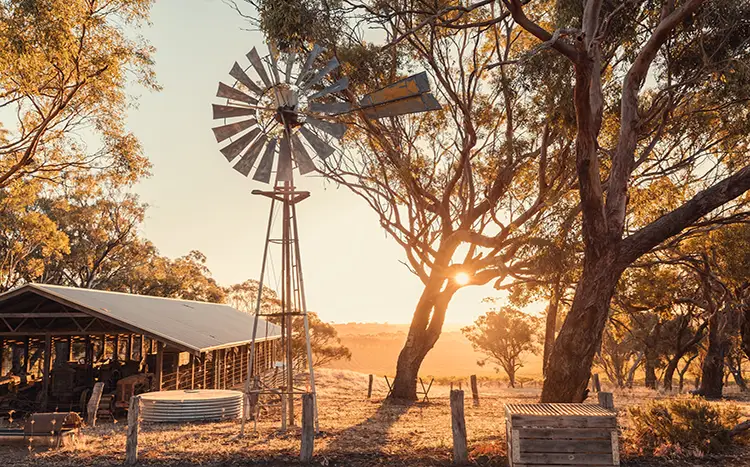
Homesteading Today
In contemporary terms, homesteading represents a conscious choice to live a more sustainable and independent lifestyle. Homesteaders often prioritize activities such as growing their own food, raising animals, harnessing renewable energy, and minimizing reliance on external resources. This intentional return to a simpler way of life is driven by a desire for greater self-reliance and a reduced ecological footprint.
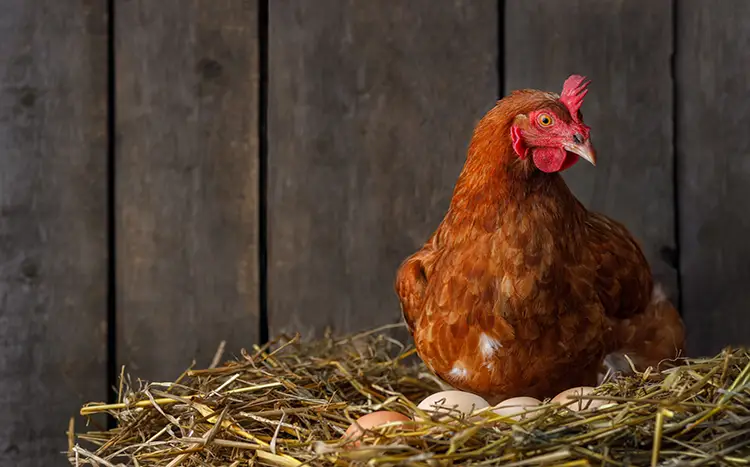
Key Principles of Homesteading
- Sustainable Agriculture - Homesteaders prioritize sustainable agriculture practices, including organic gardening, permaculture, and regenerative farming. This ensures a continuous and environmentally friendly source of fresh produce.
- Animal Husbandry - Raising animals for food, fiber, and companionship is a common aspect of homesteading. Chickens for eggs, goats for milk, and bees for honey are popular choices, contributing to a diversified and integrated homestead.
- Off-Grid Living - Many homesteaders aim for self-sufficiency by incorporating off-grid living practices. This involves generating energy through solar or wind power, collecting rainwater, and minimizing reliance on public utilities.
- DIY and Handcrafting - The spirit of self-reliance extends to the creation of everyday items. Homesteaders often engage in do-it-yourself (DIY) projects, from building furniture to crafting home goods, fostering a sense of resourcefulness and creativity.
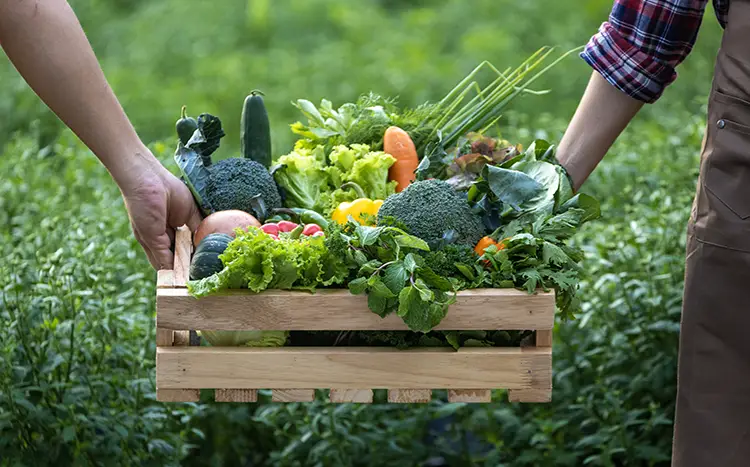
Benefits of Homesteading
- Environmental Impact - Homesteading practices promote a reduced ecological footprint by emphasizing sustainable, locally sourced, and often organic production methods.
- Financial Freedom - By growing their own food and producing necessities, homesteaders can reduce their reliance on commercial goods, leading to potential financial savings and increased resilience against economic uncertainties.
- Increased Self-Sufficiency - Homesteading cultivates a heightened sense of self-sufficiency and resilience, empowering individuals and families to meet their basic needs independently. Examining case studies and personal stories of increased self-sufficiency showcases the transformative impact of homesteading on individuals' lives.
- Enhanced Quality of Life - Living closer to nature, engaging in purposeful work, and fostering a strong sense of community contribute to an overall improved quality of life for many homesteaders. Taking a closer look at the holistic benefits of homesteading reveals how this lifestyle positively impacts mental, physical, and emotional well-being.
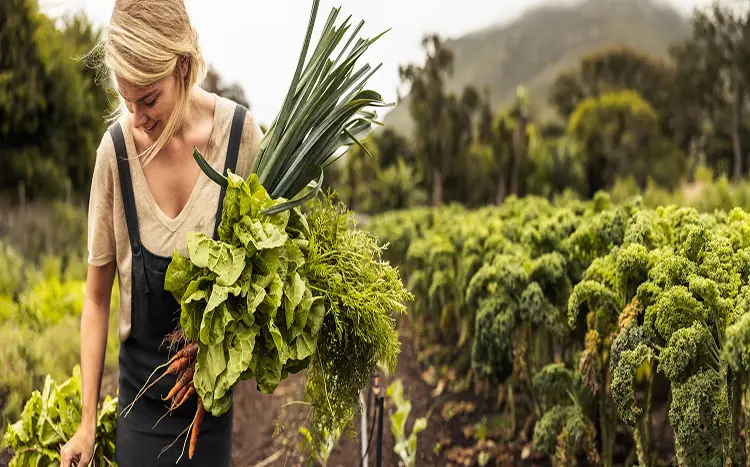
Challenges and Considerations
- Initial Investment - Establishing a homestead requires an initial investment in land, infrastructure, and equipment. While the long-term benefits can outweigh these costs, it's essential to consider the financial commitment. Exploring different financial models and potential sources of support provides a well-rounded view of the investment required.
- Learning Curve - Homesteading involves acquiring various skills, from gardening to animal husbandry. The learning curve can be steep, requiring dedication, patience, and a willingness to adapt.
- Time and Effort - Homesteading is a lifestyle that demands time and effort. Daily chores, maintenance tasks, and seasonal responsibilities contribute to a busy, albeit rewarding, way of life.
Homesteading is not merely a return to the past, it's a conscious choice to shape a more sustainable, self-sufficient, and fulfilling future. As individuals and communities embrace the principles of homesteading, the movement continues to evolve, leaving a lasting impact on how we view our relationship with the environment, our food sources, and the very essence of a meaningful and intentional life.
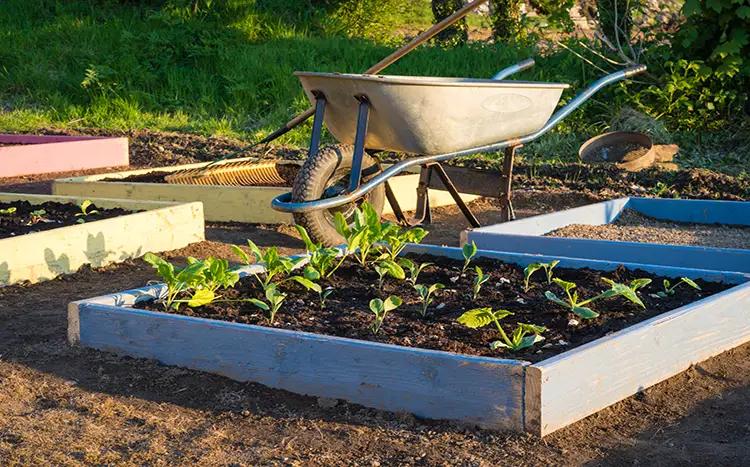
The Future of Homesteading
Sustainable Community Models and Technology
Exploring emerging sustainable community models and collaborative homesteading ventures unveils the potential for creating eco-friendly, self-sufficient neighborhoods. Investigating these innovative approaches inspires a vision for the future of communal and sustainable living.
Examining how technology intersects with homesteading provides a glimpse into the tools and innovations that can enhance self-sufficiency. From smart agriculture practices to sustainable energy solutions, understanding the role of technology in homesteading offers a forward-looking perspective.
Whether you're considering a complete lifestyle change or simply intrigued by the principles of sustainable living, homesteading offers a roadmap to a more intentional and connected existence. Join the growing community of modern homesteaders as we navigate the path towards a greener, more self-sufficient future.